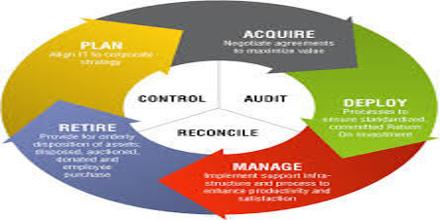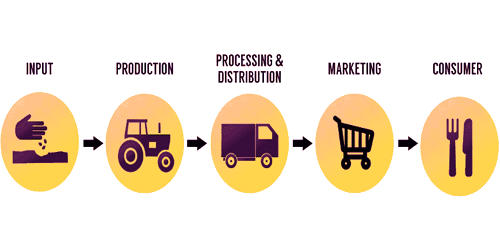This article focus on Information life Cycle Management (ILM), which is a comprehensive approach to managing the flow of an information system’s data and associated metadata from creation and initial storage to the time when it becomes obsolete and is deleted. It is an approach to data and storage management that recognizes that the value of information changes over time and that it must be managed accordingly. Information life Cycle Management seeks to classify data according to its business value and establish policies to migrate and store data on the appropriate storage tier and, ultimately, remove it altogether. It has evolved to include upfront initiatives like master data management and compliance.
Information Lifecycle Management
















